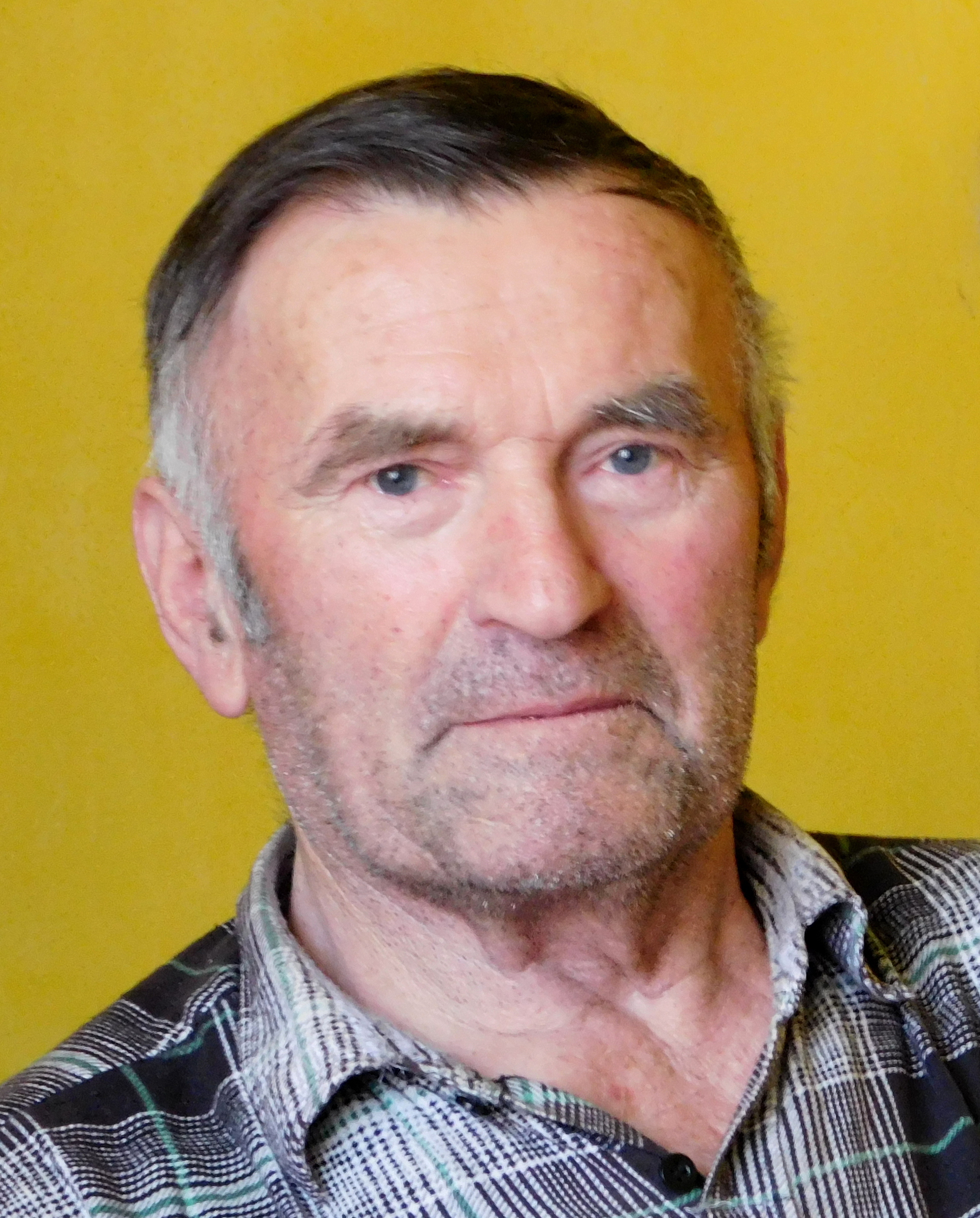One big family

Download image
Viktor Schindler was born on August 8, 1935 in Staré Lublice (German Alt Lublitz) as the sixth of nine children to Franz and Vilhemina Schindler. Same as the most locals were the members of his family of German origin. Their life was struck by the WW2 and the period shortly after that. Three older brothers of the witness had to join the Wehrmacht. They all survived, but only by pure luck they didn’t end up in a prisoner camp at the territory of the Soviet Union. They never returned home and remained in various occupation zones in Germany. The twins Franz and Erich were divided by the iron curtain for a long time, as Erich lived in a democratic part of the Western Germany, while Franz ended up in a communist GDR. Numerous family due the mother´s illness didn’t have to join displacement, but several times they had to move and finally in 1948 were immediately sent to agricultural works to Tábor region, where they lived under very poor conditions and could return in a native country only four years later. In 1955 Viktor Schindler married Marie Lašová. Her family re-emigrated to Nové Lublice in 1946 from Yugoslavia, where her partisan brothers joined partisan unites and participated in fighting Nazi Germany and where Marie Lašová after being shot by splinters of a landmine almost lost her leg. Viktor Schindler died on 11 August 2019.















